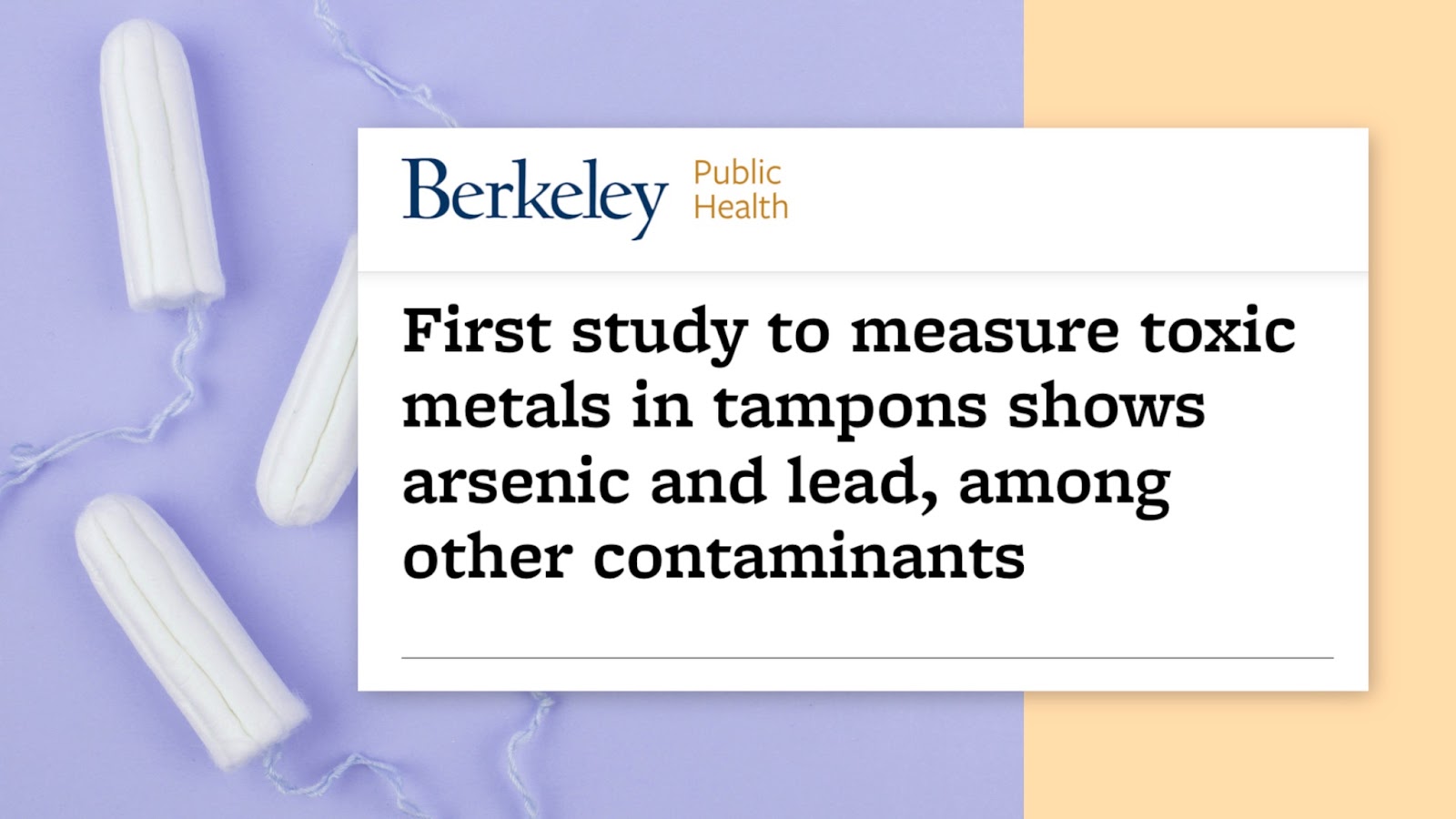Dr. Rich (00:00):
Welcome back to the Dr. Rich channel today. It’s urology versus gynecology, Dr. Spear and myself. We’ll debate the vasectomy versus tubal ligation and find out which one is better.
Don’t have time to read this blog post? Watch it here instead!
Dr. Rich (00:22:
Hi, I’m Dr. Rich and my passion is to provide every woman with practical knowledge about the world of women’s health. Now, every day in my practice, I’ll have patients ask, is it better for me to have a tubal ligation or should I send my husband to urology for a vasectomy?
Dr. Spier (00:34):
Well, first of all, thank you for having me. I look forward to educating your audience about the pros and cons of tubal, ligation, and vasectomy. And I really do hope you brought a large knife to this gunfight. Game on.
Dr. Rich (00:48):
So since Dr. Spear, you’re my guest, I’ll let you go first. Perfect. Are top reasons. Great. Right?
Dr. Spier (00:52):
I think we start with simplicity. Um, you know, I think when a gentleman comes to see me who is looking for a second, we usually it’s the wife that’s pushing them in the door. Number one, it’s true. It’s always the wife. Um, but as far as the procedure itself, it’s done in the office under local anesthesia with options, there’s a nitrous oxide, which is a gas that, that the patient actually can hold and kind of puts them in a comfortable place. It’s anxiety provoking, no matter how you look at it, patients are going to be nervous. I tell them all, if you’re not anxious, you’re not normal, but the simplicity of the procedure, it’s about an eight to 15 minute procedure. It’s under local anesthesia and the patients do great.
Dr. Rich (01:31):
Well, I mean, certainly local anesthesia is going to be less invasive and they’re going to be fewer complications than anybody who has to have a general anesthetic as you do for a tubal ligation. Now, um, the only argument I can have against that as some patients don’t want to feel any pain, they don’t want to feel anything. And the standard of care practice for two delegation, no pain, total anesthetic in the, or versus the trepidation or the fear that’s going to come with men that don’t have that luxury. Although, as you mentioned, there are other adjuncts besides just looking.
Dr. Spier (02:10):
Yeah. And so my rebuttal to that really it’s all about communication. You know, we have a big group of urologists. We pride ourselves on counseling, the patients, sitting them down, having a pre-procedural consultation and try, try our best to make them feel at ease because ultimately, you know, they’re Googling stuff. They’re talking to friends that have never had it, and it’s all about education. Um, and once I feel like they have the right data and education about the procedure, it really is pretty seamless.
Dr. Rich (02:39):
So that’s a great point. What would be the second reason?
Dr. Spier (02:42):
I think the second reasons gotta be safety. Uh, you talked about going to the, or under anesthesia. Um, you know, we worry about side effects and obviously complications with a vasectomy the complication rate is about one to 2%, uh, in the literature. And it’s rare. Some men have some pain afterwards that can last maybe upwards of a week or two, some long-term, but it’s few and far between in fact, you know, I don’t remember the last patient who, you know, was really complaining for over a long, long period of time. So I think from that standpoint, not having to go under anesthesia where there’s potential for complications and damage to surrounding structures, you’ve got this tube that only transports sperm, that’s all it does. We’re taking a segment out and closing it up with the suture and they do very, very well. So I think safety is something that everybody has to take into consideration.
Dr. Rich (03:33):
Well, that’s, that’s hard to argue with, um, any surgical procedure is going to have some risks that’s specifically associated with that procedure. Uh, there could be, you know, bleeding even with an office-based procedure, but these risks are increased when you’re talking about going to the operating room for a tubal ligation, and actually having to make incisions on the abdominal wall, uh, to place a camera. Um, there are separate, uh, risks also for general anesthesia. Fortunately, you know, general anesthesia is very safe and the overall complication rates are very low. Uh, I think just the magnitude of the complication that could occur are very rare on either one, but potentially greater, um, in the, or so I didn’t give you much to debate there, but I think, um, you know, it is, uh, pretty clear that when you can do an outpatient procedure, that’s gonna be safer.
Dr. Spier (04:27):
Sounds like, um, I took that one there, Dr. Rich, and, uh, your knife certainly is not that big in this gunfight, so we shall move on to the next topic, but keep watching. So the third point that I have, uh, to basically argue, uh, for the vasectomy is expense. Uh, everybody obviously cares about their pocket book. Um, when you do a comparison to a tubal ligation, um, the cost is probably about one fifth. Um, the other important point is everyone has to understand that there’s a cost, uh, just in general, uh, for the general public and just medicine and on a whole, as far as the cost of, of medicine. And so, you know, when you’re being admitted to a hospital and you’re, you’re, uh, using different methods to, to do surgery, you’re looking at a major, major cost. Um, so, uh, as far as that goes, I, again, I feel strongly that that that is a major consideration that patients have to keep,
Dr. Rich (05:24):
Yeah, cost is very important now for the patient, whether vasectomy or tubal, ligation, most insurances, this is going to be a covered benefit. And it would just be a matter of meeting the, uh, co-insurance and the deductible for the procedure. And that’s going to be pretty similar for either one. Now, the absolute costs, uh, as Dr. Spear pointed out is going to be a multiple, like maybe five times more for the tubal ligation, but the patient’s not going to see the expense now, um, as a, you know, 30,000 foot view global healthcare costs, if we can save money, uh, for the system, there’ll be more money left available for other needs, uh, other research initiatives, uh, and it’s a very personal choice, but for the patient themselves, uh, their out of pocket expense in my experiences is similar and usually covered by insurance. Well,
Dr. Spier (06:18):
I would argue that there’s going to be a copay, and I think it’s also based on the total cost of the procedure itself. So, um, you know, again, trying to be a steward for the general health care, you know, I think we have to take that into consideration and try our best as a general public to, to not waste costs and waste resources. So I think it’s something to consider.
Dr. Rich (06:43):
Thanks for sticking around until the end. If you found this valuable, please subscribe and share and join us for our next video. When we talk about the benefits of tubal ligation compared to vasectomy.




